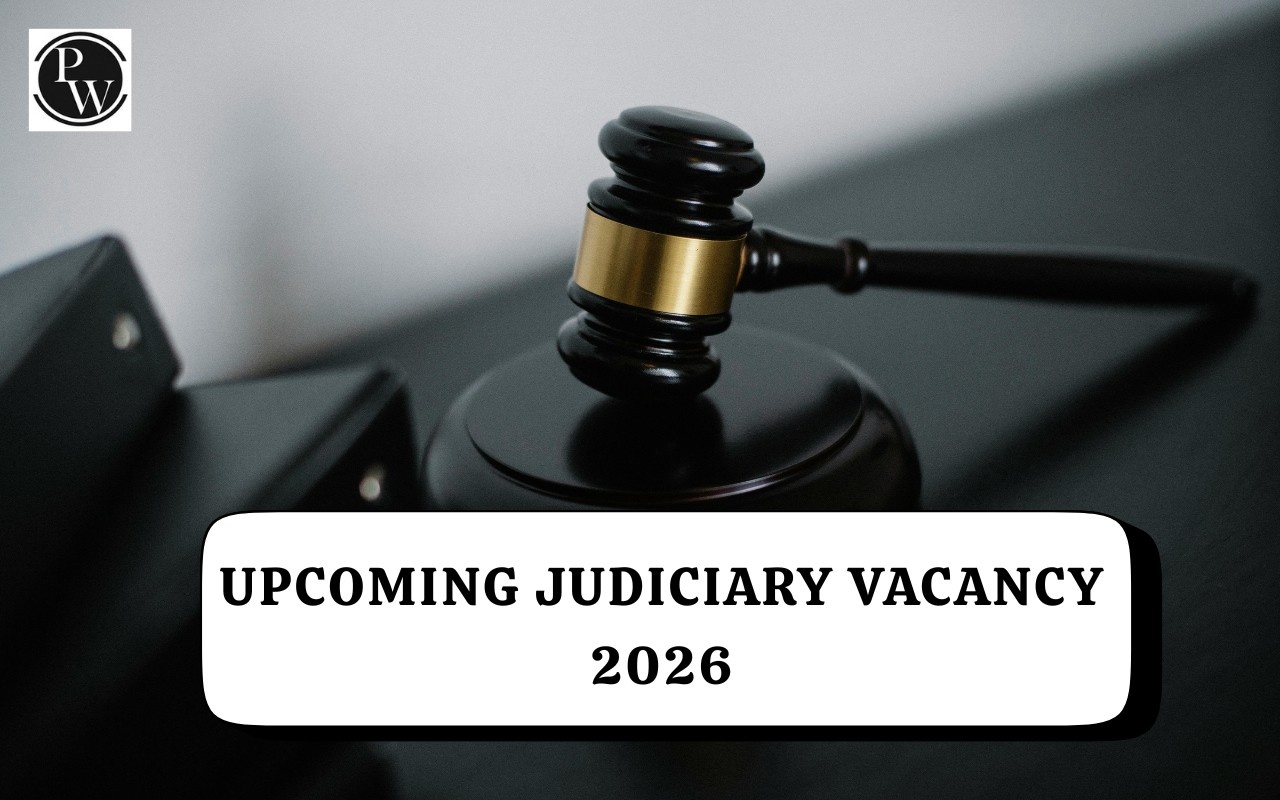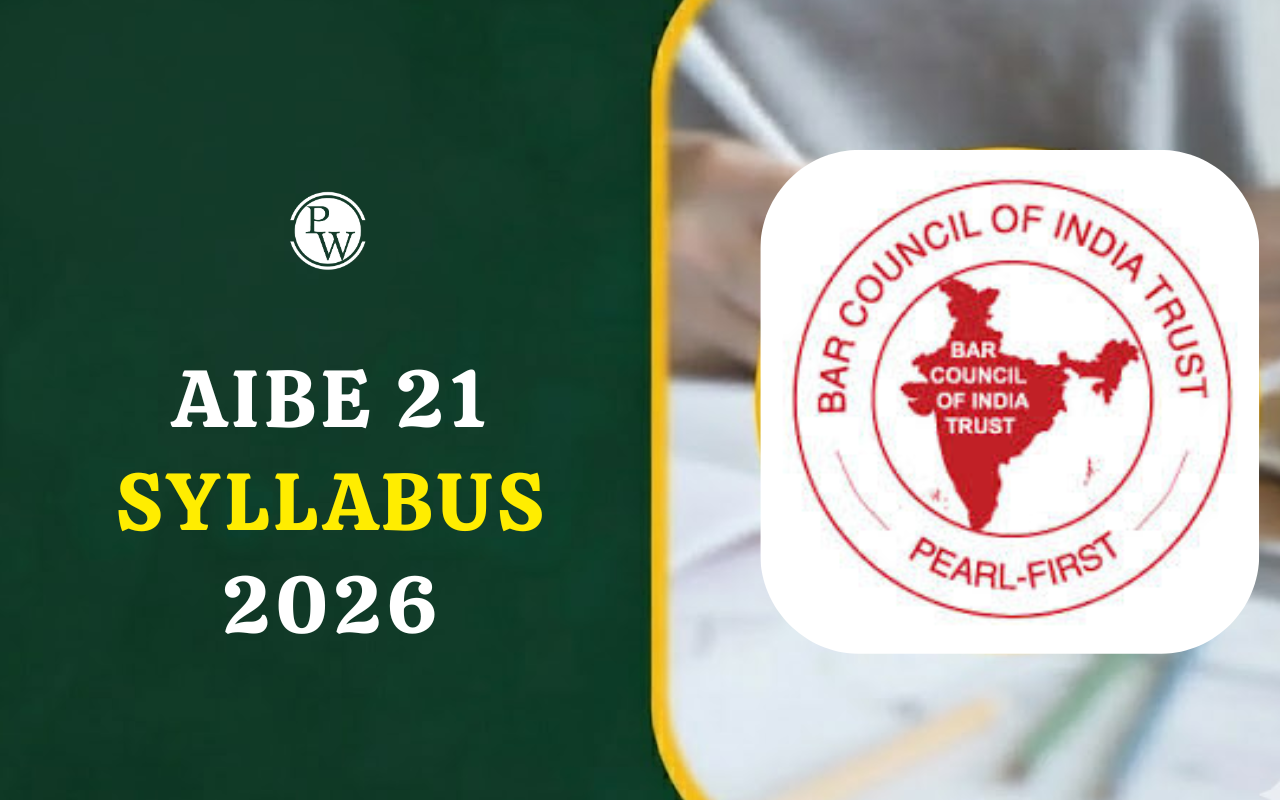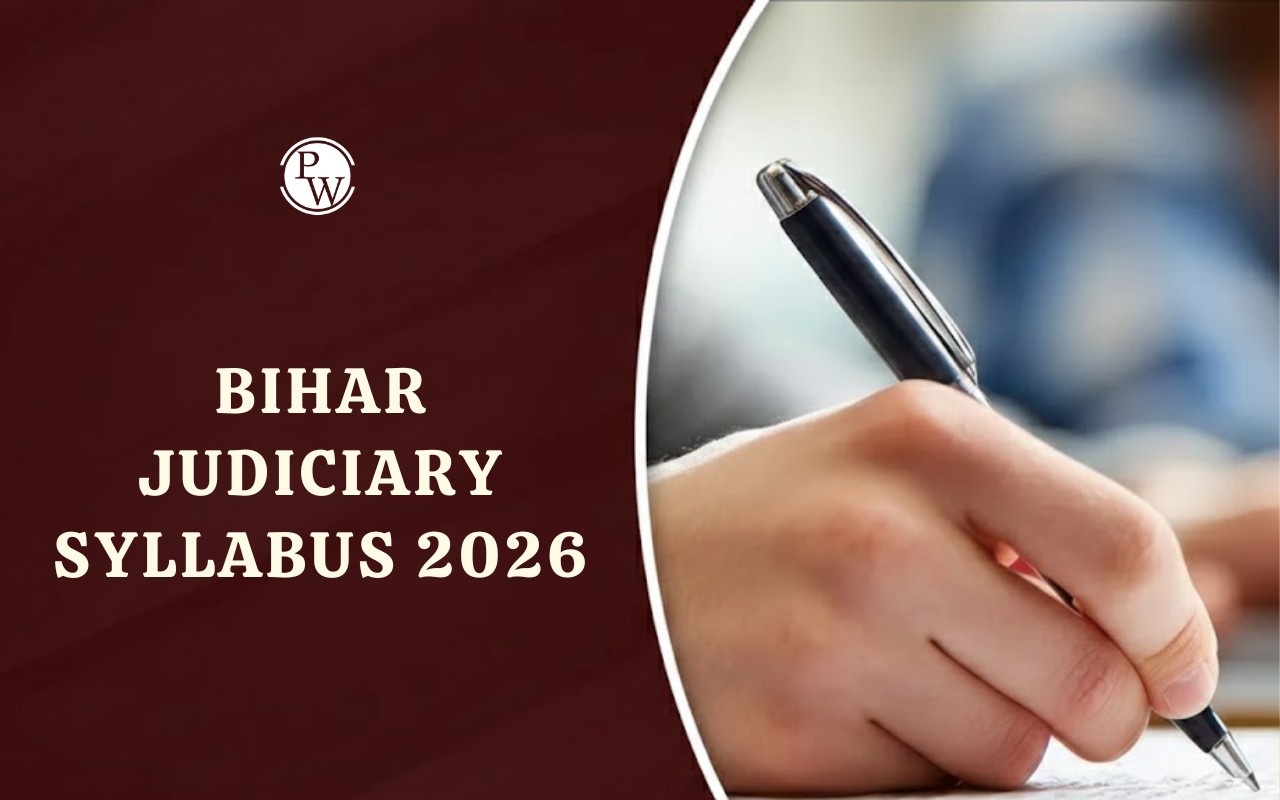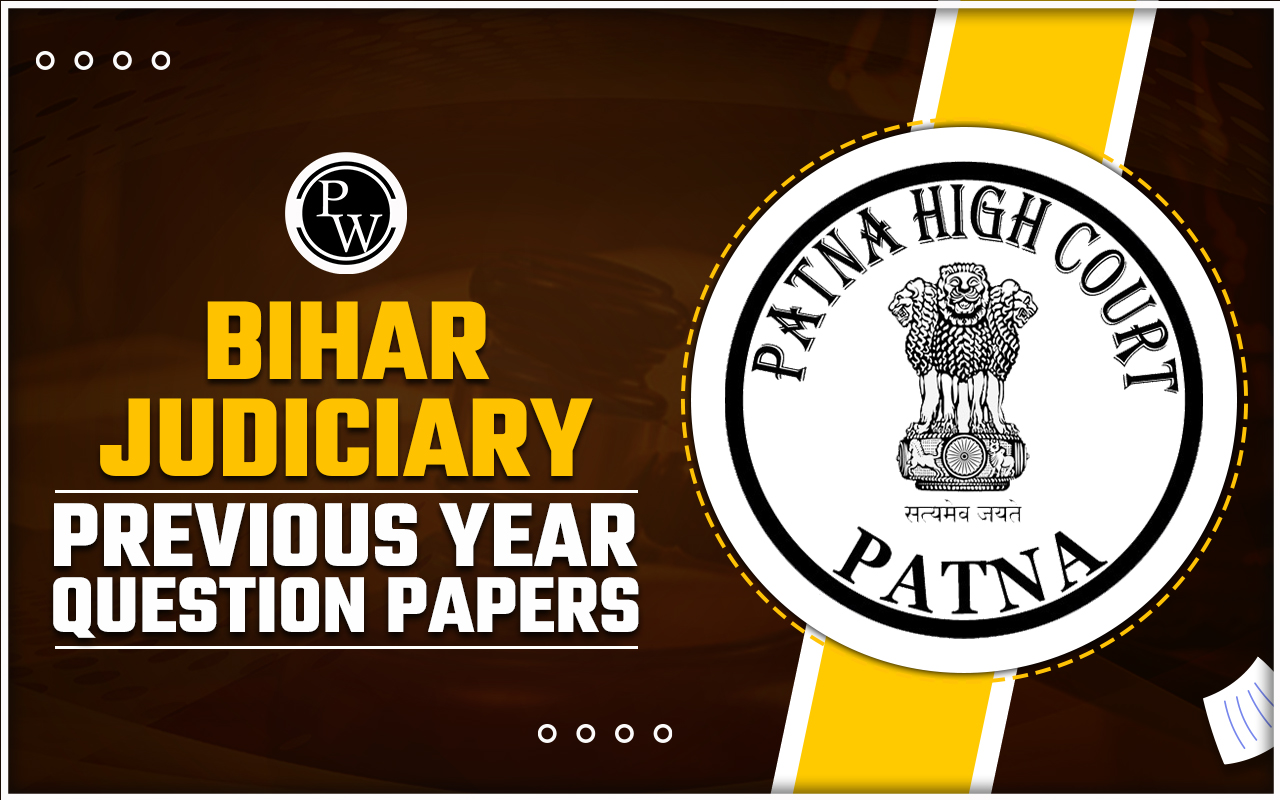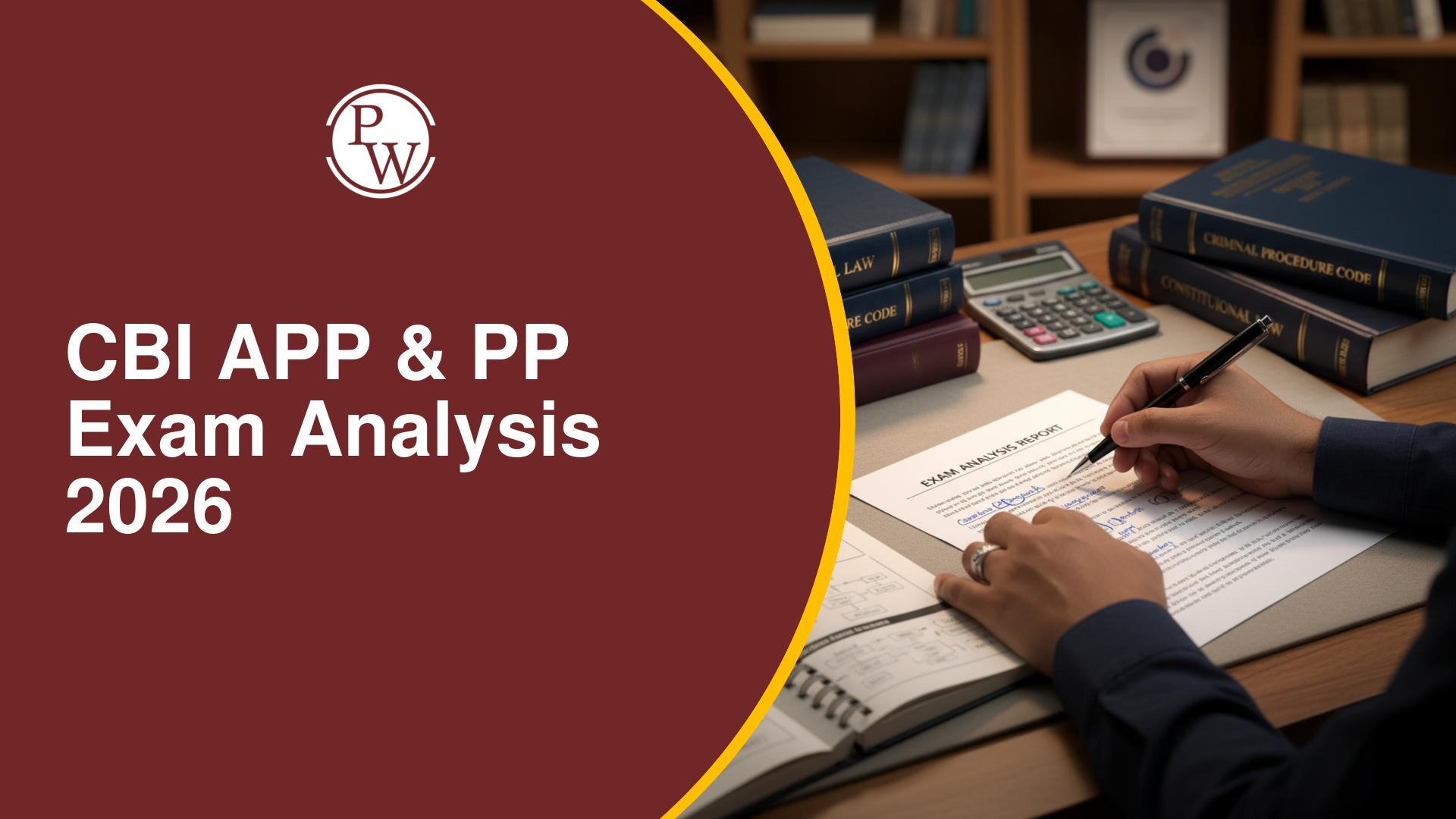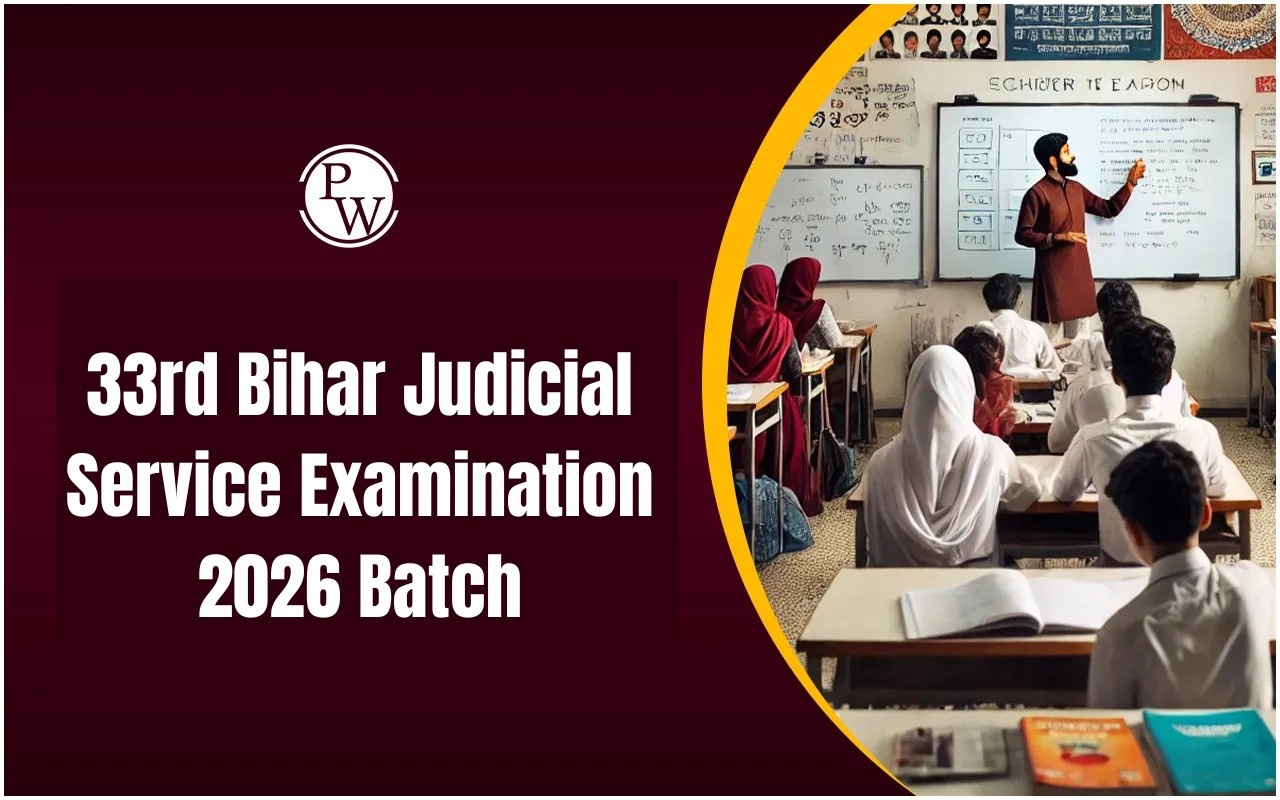
Bare Acts for AIBE 20 Exam 2025: Bare Acts are one of the most important resources for candidates preparing for the AIBE 20 Exam 2025. They contain the exact text of laws passed by the Parliament and state legislatures, including all amendments, making them the primary source of legal knowledge.
Understanding Bare Acts helps candidates grasp key legal principles, apply laws accurately, and answer questions effectively in the exam. Important acts to focus on include the Indian Penal Code (IPC), Code of Criminal Procedure (CrPC), Code of Civil Procedure (CPC), Indian Contract Act, Indian Evidence Act and Family Law. While the AIBE is no longer an open-book exam, candidates are allowed to carry Bare Acts with short notes into the exam hall making them an important study resource.
Bare Acts for AIBE 20 Exam 2025 Overview
For the AIBE 20 Exam 2025 candidates must have a strong understanding of key Bare Acts, as they form the foundation of legal knowledge tested in the exam. The table below provides an overview of the most important Bare Acts and the areas you should focus on while preparing.
|
Bare Acts for AIBE 20 Exam 2025 Overview |
|
|
Bare Act |
Importance / Focus Areas |
|
Key criminal offenses, definitions, punishments |
|
|
Criminal trial procedures, investigation, arrest, bail |
|
|
Civil suits, procedures, appeals and execution of decrees |
|
|
Indian Contract Act |
Contract formation, performance, breach, remedies |
|
Indian Evidence Act |
Rules of evidence, admissibility, proof in civil and criminal cases |
|
Specific Relief Act |
Remedies for contract breaches and enforcement of specific rights |
|
Family Law |
Marriage, divorce, maintenance, adoption, succession |
|
Other Relevant Acts |
Arbitration & ADR, Public Interest Litigation, Company Law, Labour Laws, Cyber Law, Environmental Law |
Importance of Bare Acts in AIBE 20 Exam 2025
Original laws passed by the Parliament and state legislatures are known as Bare Acts containing all the updates and amendments. They are extremely crucial to the AIBE 20 Exam 2025 in the sense that they enable the candidates to get the right picture of the law. Bare Acts are easier to study so that one can learn the principles of law and apply them in a question and perform well in the exam.
Knowing the major areas of these acts is the key to passing the exam as well as establishing a solid base towards a legal career.
How to Study Bare Acts for AIBE Exam 2025?
As an effective preparation before taking AIBE 20 Exam 2025 it is worth to know and polish Bare Acts. Their study and the productive way to pass the test will be discussed below.
-
Learn the original Acts which have been passed by Parliament and the state legislatures without referring to commentaries.
-
Give preference to major legislations such as IPC, CrPC, CPC, Indian Contract Act, Indian Evidence Act, Specific Relief Act and Family Law.
-
Break down each Act into smaller sections and set a schedule to cover all topics systematically.
-
Write short notes or summaries for each section to help with quick revision.
-
Solve AIBE previous year question papers to understand the exam pattern and the type of questions asked.
-
Use reference materials to better understand the application of laws.
-
Review notes and important sections regularly to improve retention.
-
Don’t rely solely on Bare Acts, ignore case laws, or skip practice; consistent study is key.
How to Keep Sections of BARE Act in Mind?
To remember sections of the Bare Acts effectively, candidates need to follow a structured approach. The tips below will help you study, revise and retain key sections for the AIBE 20 Exam 2025.
-
Read Bare Acts frequently to get familiar with their language and structure.
-
Solve questions using Bare Acts to improve understanding and memory retention.
-
Apply Bare Acts in practice papers to simulate exam conditions.
-
Aim to learn 10 new sections each day to build knowledge step by step
-
Read at least 15 sections daily revise previously learned sections while learning new ones.
-
Note down section titles and important articles for quick reference.
-
Create simple words, phrases, or lines to help recall multiple sections.
-
Review Bare Acts consistently to strengthen understanding and identify weak areas.
Subjects and Weightage in AIBE XX (20) Syllabus 2025-26
The official AIBE 20 syllabus 2025 for the All India Bar Examination (AIBE) 2025-26 has been released. Reviewing syllabus and preparation strategies of past qualifiers can also help in planning an effective study approach for the exam.
|
AIBE XX (20) Syllabus 2025-26 Subjects and Weightage |
|
|
Subject |
No. of Questions |
|
10 |
|
|
Indian Penal Code (IPC) & New Bharatiya Nyaya Sanhita |
8 |
|
Criminal Procedure Code (Cr. P. C.) & New Bharatiya Nagarik Suraksha Sanhita |
10 |
|
Code of Civil Procedure (CPC) |
10 |
|
Evidence Act & New Bharatiya Sakshya Adhiniyam |
8 |
|
Alternate Dispute Redressal including Arbitration Act |
4 |
|
Family Law |
8 |
|
Public Interest Litigation (PIL) |
4 |
|
Administrative Law |
3 |
|
Professional Ethics & Cases of Professional Misconduct (BCI Rules) |
4 |
|
Company Law |
2 |
|
Environmental Law |
2 |
|
Cyber Law |
2 |
|
Labour and Industrial Laws |
4 |
|
Law of Tort (including Motor Vehicles Act & Consumer Protection Law) |
5 |
|
Law of Contract, Specific Relief, Property Laws, Negotiable Instruments Act |
8 |
|
Law Related to Taxation |
4 |
|
Land Acquisition Act |
2 |
|
Intellectual Property Laws |
2 |
|
Total |
100 |
Gain a deeper understanding of court procedures, case analysis, and legal reasoning through our specialized judiciary courses available at online judiciary coaching.
Bare Acts for AIBE 20 Exam 2025 FAQs
What are Bare Acts for AIBE 20 Exam 2025?
Why are Bare Acts for AIBE 20 Exam 2025 important?
Which Bare Acts for AIBE 20 Exam 2025 should I focus on?
How should I study Bare Acts for AIBE 20 Exam 2025 effectively?

